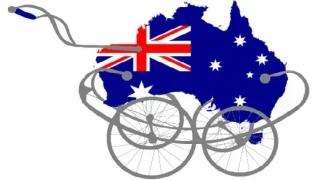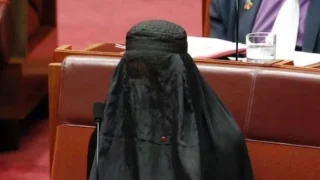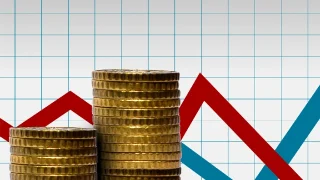
This paper looks at how the long-term growth of government spending, and the erosion of personal responsibility that this creates, might be reversed by allowing people to opt out of the welfare state.
Those who prefer to pay higher taxes in return for government services and payments could still do so, but those who are willing to give up their eligibility for certain government benefits or services could reduce their income tax in return for agreeing to take more responsibility for themselves. The proposals, which are intended to generate further discussion, are:
- All adults would have the right to opt out of some of their welfare state entitlements in return for tax reductions (but those who wish to remain in the state system would be free to do so). Voluntary opt-outs would apply to the age pension and the government health system (Medicare, the Pharmaceutical Benefits Scheme and the state hospitals). Those opting out would be required to make alternative provision for themselves and their dependants using some combination of personal savings and insurance.
- Those opting out would be compensated by income tax reductions to enable them to retain more of their own money to spend on meeting their own needs. Tax would still be spent supporting the needs of poorer households, but less tax money would be ‘churned’ back to affluent households who do not need support.
- Government benefits for the first six months of unemployment or sickness in any year would be ended. Instead, every Australian would have a new savings account, called a Personal Future Fund (PFF), and would draw on that to cover short periods of joblessness. The federal government’s Future Fund would be closed and the money transferred to 20 million new PFF accounts. Employed adults would be required to make an annual contribution to their PFF, compensated by a corresponding tax reduction.
- People wishing to opt out of government health services would make additional contributions into their PFFs, to pay for routine medical expenses, and would buy catastrophic health insurance. These additional expenditures would qualify for corresponding tax reductions up to an agreed annual limit.
- People opting out of their age pension entitlement would be eligible for tax-free superannuation contributions. Those who decide not to opt out of the age pension would be required to convert some or all of their super lump sum into an annuity generating an income equivalent to the age pension income test eligibility limit.
The paper also looks at ways in which low income groups who pay little income tax might nevertheless be enabled to cash in their welfare state entitlements so they too can opt out of the system if that is what they prefer to do.
Professor Peter Saunders is the Director of Social Research at The Centre for Independent Studies and author of Australia’s Welfare Habit, and How to Kick It.










